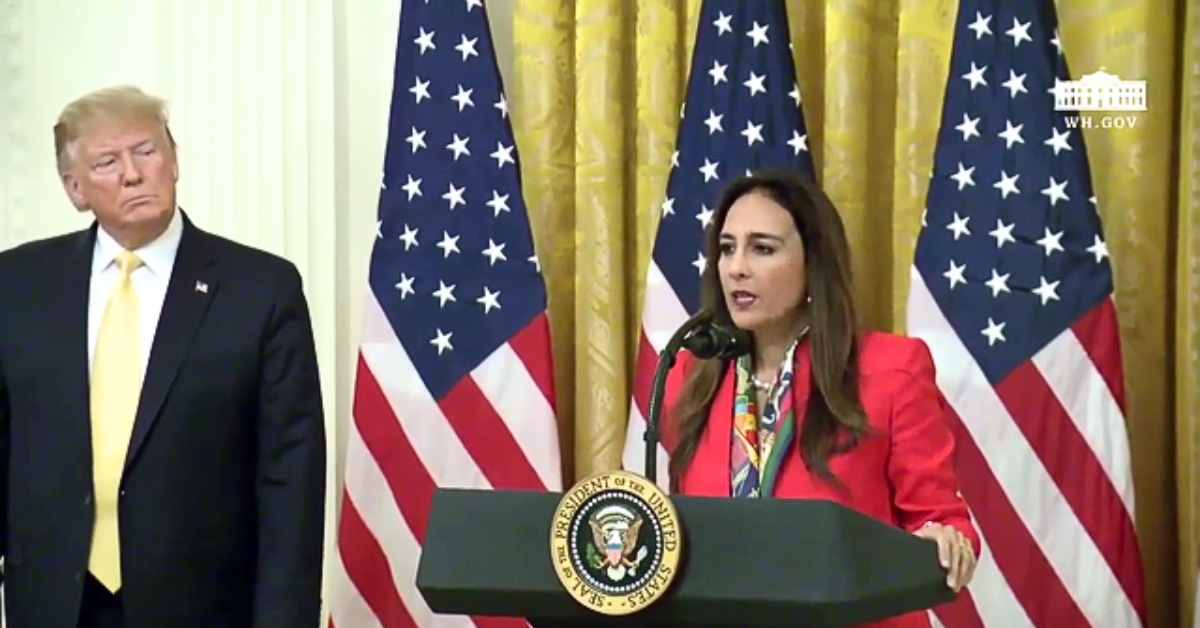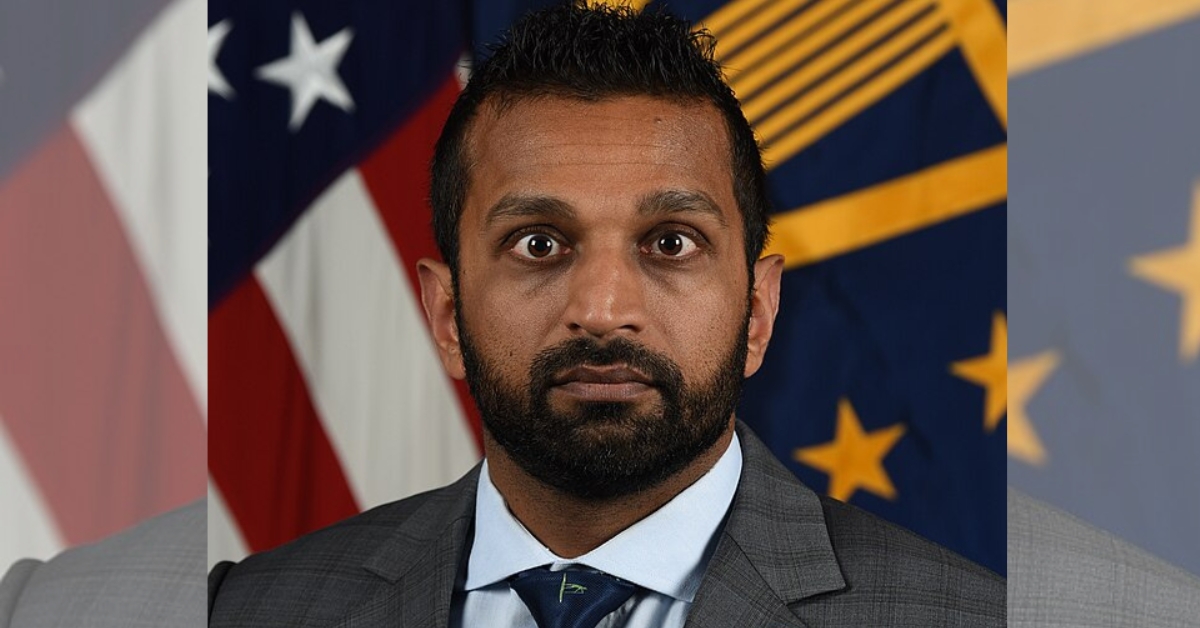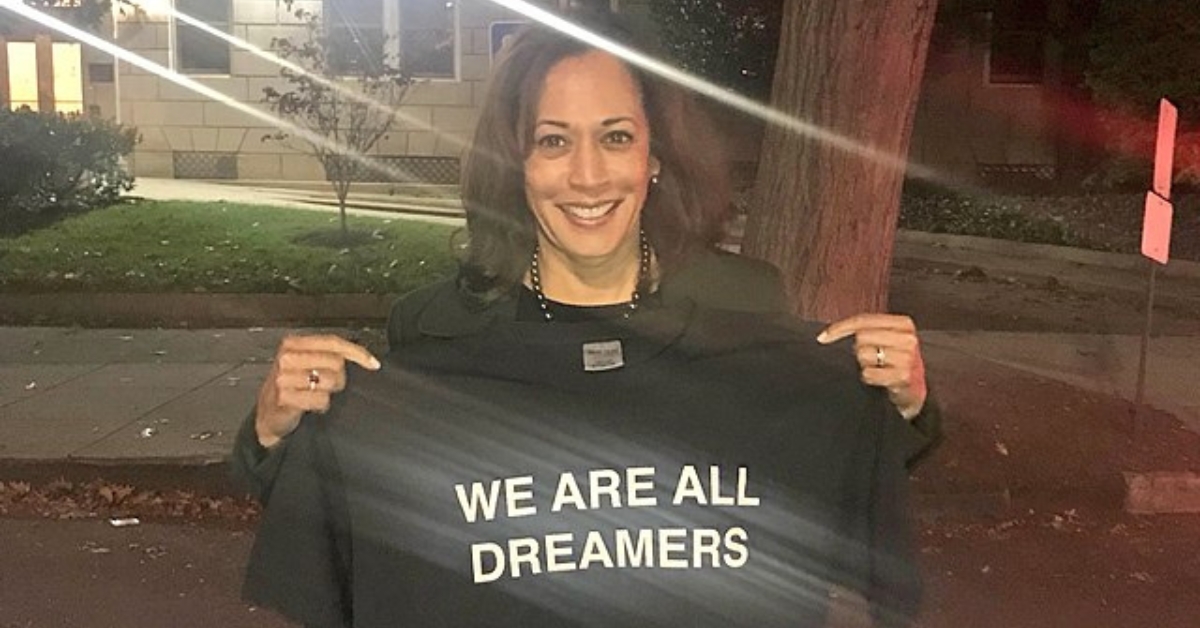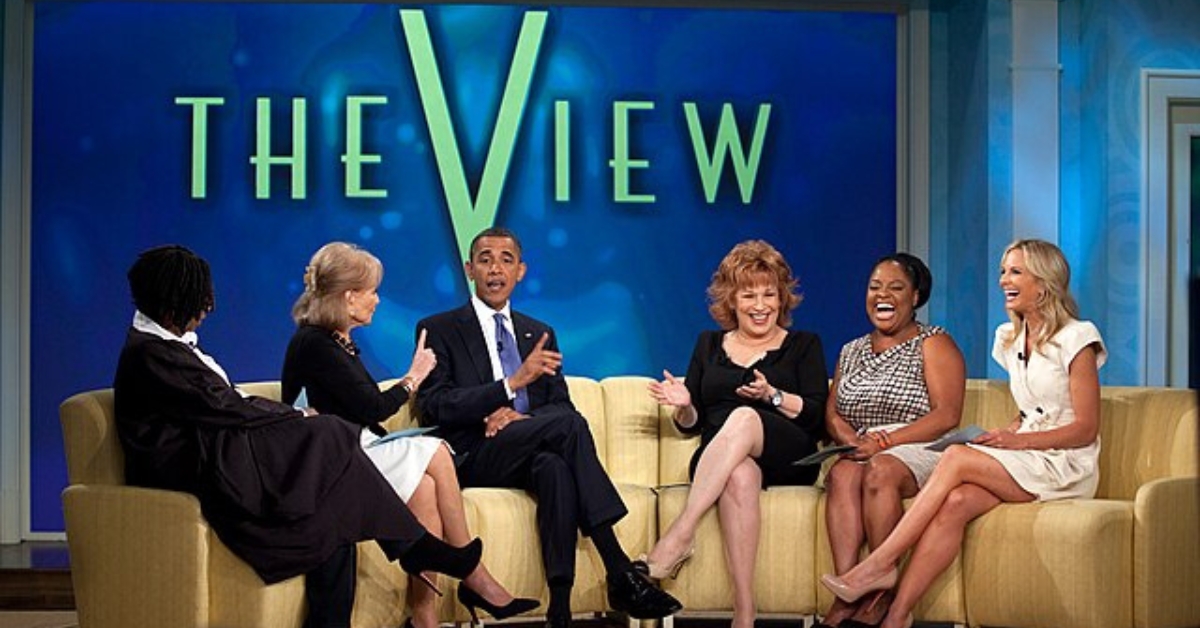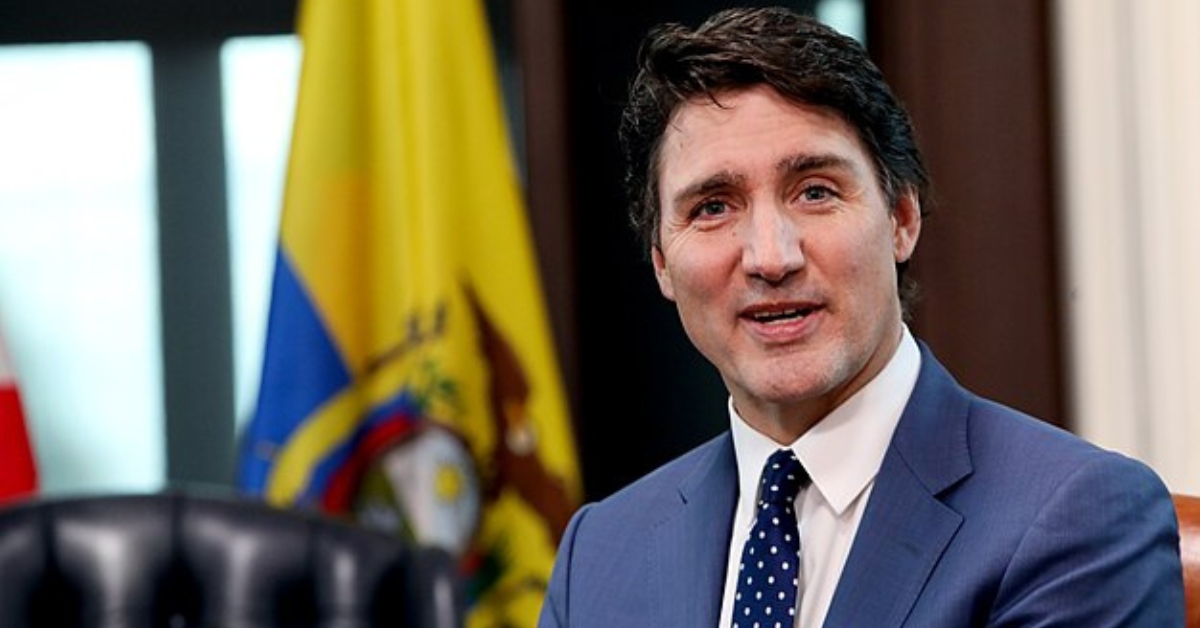
Fauci’s Congressional Testimony Sparks Further Doubts About COVID-19 Response
The recent revelations from Dr. Anthony Fauci’s interviews with the GOP-led House Select Subcommittee on the Coronavirus Pandemic have cast significant doubt on his leadership before and during the COVID-19 crisis. Fauci, who led the National Institute of Allergy and Infectious Diseases for almost forty years, seemed to have a selective memory regarding crucial decisions and policies he advocated during the pandemic. In fact, over 100 times Fauci stated that he didn’t recall information or conversations he was questioned about.
One of the key issues raised is Fauci’s stance on social distancing. He once promoted this measure as essential until late 2021, only to claim in his recent testimony that the federal six-foot recommendation “sort of just appeared” and was not grounded in science. This apparent flip-flop on a critical public health guideline exemplifies the type of wavering leadership that has led to widespread public confusion and distrust.
Furthermore, Fauci’s alleged skepticism regarding the impact of school shutdowns on learning loss contradicts a broad consensus, including claims by The New York Times editorial board. Rep. Michael Cloud noted the indirect pressure school districts faced to follow federal guidance, leading to extended closures with profound educational and social consequences for students.
The subcommittee’s inquiry also delved into Fauci’s definitions of “gain of function” research, a term that has been at the center of controversy regarding the NIH’s funding of research in Wuhan, China. The change in NIH’s definition of this type of research, reportedly aligning with Fauci’s evolving descriptions, raises questions about transparency and accountability in how potentially dangerous research is conducted and overseen.
Fauci’s testimony also revealed an acknowledgment of another unintended consequence of his policies – vaccine hesitancy. His admission that mandatory COVID vaccination policies, such as those for college enrollment, might lead to public mistrust in vaccines, contrasts with his previous hardline stance on vaccination mandates. This admission adds a layer of complexity to the current discourse on vaccine hesitancy, often attributed solely to misinformation.
Critics and lawmakers are rightly concerned about these inconsistencies and apparent policy shifts. Fauci’s actions and statements during the pandemic have had far-reaching implications, influencing everything from school policies to research funding and public health strategies. As the face of the federal government’s COVID-19 response, his words and decisions carried immense weight.
The public deserves clear, consistent, and science-based guidance from its health officials, especially during a crisis. The revelations from Fauci’s interviews suggest a disconnect between his public statements and the realities of the pandemic response. As America continues to navigate the aftermath of COVID-19, it’s crucial to examine and learn from these discrepancies to ensure better preparedness and more effective leadership in future public health challenges.
